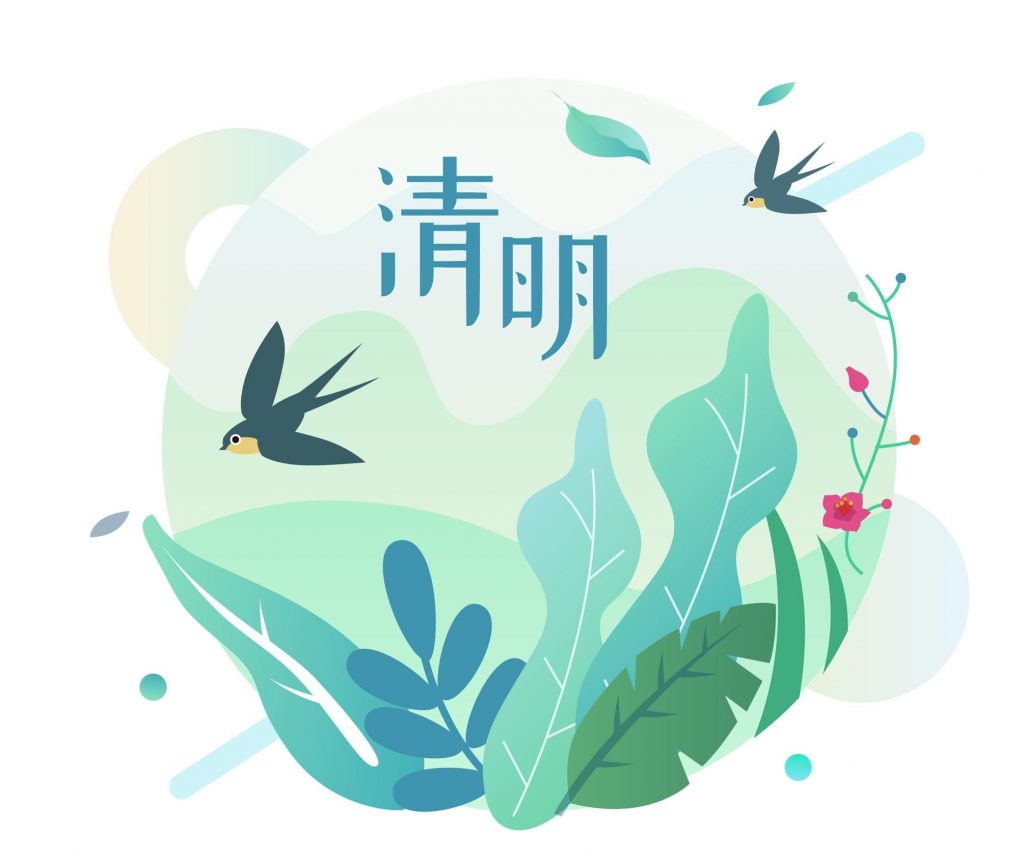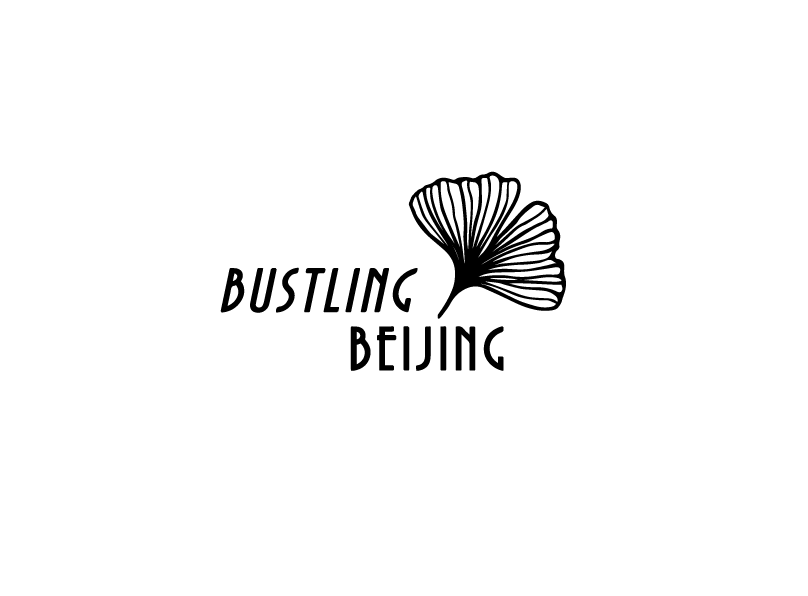Is Qingming the Chinese Easter?
While the Lunar New Year Festival is marking the beginning of a new year, the Qingming aka Spring Festival marks the beginning of a new growth cycle in nature. The resurrection of new life from death!

Easter is just one of the festivals that celebrate the beginning of spring and of planting season. It is by far not the only festival in the long row of festivals that human civilizations have developed over millennia to celebrate the start of something new.
All members of Christian influenced societies know Easter. Jesus is being crucified and rises from death. However, you might interpret that, as metaphor or literal truth, it conveys deep symbolic meaning: the resurrection of life after the death of winter.
How about speculating, that Chinese culture has its own Easter, a festival of resurrection, celebrating the rebirth of nature: Qingming.
China´s Easter Festival
The Qingming Festival has its roots in millennia old celebrations of spring, the beginning of planting season, the remembrance of the dead. The ancestor cult, being an important part of Chinese spirituality, has its place in Chinese culture to this day. And why not! Be an officially atheist nation all you want. Everyone has parents and grandparents and in the long run, no ideology can eliminate the emotional connection to your forebears.
On this day, Chinese remember their ancestors and ritually swipe their graves. The extent of this ritual depends on how religious you are but also how traditional you think. The importance of the gesture might become obvious when you hear the other name of Qingming Festival – Tomb Sweeping Day (清明节).
Other customs include kite flying (sometimes during the night), so that little lights connected to the kite can symbolize the stars and thus maybe the souls of the dead.
Another custom I find intriguing, is cutting willow tree branches to decorate entrances. This seems a freaky connection of non-connected cultures as it is customary in the Alpine region to use twigs of willow trees around Easter as well. Willows are seen as a magical tree by many Buddhists and are thought to be used by the goddess Guanyin (观音) to fend off evil.
Many will eat sweet green rice balls and Qingming cakes, a spicy fried delicacy. As Chinese regions have their own oftentimes very divers traditions you might also see snails, peach blossom porridge and many other tasty treats.
Another ancient festival that got mixed into Qingming is the Shangsi festival that reaches back to Qin Dynasty. On this day, the Fuxi ritual was thought to drive away evil and reminded people that life would end one day. In return everyone celebrated being alive.
Even older was the Hanshi festival (寒食节), allegedly even older than Qin Dynasty. On this day, only cold food was to be eaten and open fire was forbidden. The tradition lives to this day within Qingming traditions. Some researchers interpret this as transition from rawness to civilization symbolized by a pre-fire existence to one with fire as the bringer of civilization.
Mythology
All the elements of the Qingming Festival are found in a story that claims to explain the origin of the season. As with most origin stories, we might assume that there could be a true core but that the customs are probably much older. Oftentimes, legends are a later attempt to explain -in the form of a moralizing tale- what should be the reason for the season.
The events are set in the 6th century BC. A certain Jie Zitui (介子推), trusted follower of Duke Wen of Jin (晋国公), a formerly exiled prince named Chong’er (重耳), became a symbol of selfless sacrifice that wants no reward. Again, an interesting parallel to Easter, don´t you think!
When the prince was starving in a hideout, Jie Zitui in a drastic act of self-sacrifice secretly cut part of his own meat to provide food for the starving prince. When the prince found out about this, he wanted to reward his friend. Yet, many years later and back in power he had forgotten about Jie Zitui, the one who made the ultimate sacrifice.
When he remembered he was so ashamed that he had only one thing in mind – to honor Jie Zitui. But guess what, his loyal servant wanted no thanks. The overzealous Duke Wen of Jin decided that he would force his thanks on him. Hiding on a mountain would not save Jie Zitui. The ruler ordered to burn down the forest to smoke him out.
In an ironic and typical twist for such stories he killed the one who had given his own flesh to safe him. Full of shame the duke returned one year after his attack, exactly on the day of his friend’s death – only to find that the willow trees surrounding his friend’s tomb which had been burnt before, had sprung back to new life.
Interpreting this as an omen he started cleaning and decorating the tomb and, because he had killed his own savior (unintentionally, yet brutally) by incinerating him, forbid the use of fire on this day. So, the Cold Food Festival and the Tomb Sweeping Day were born.
Giving meaning to the event -calling it death and resurrection might be a bit too much and historically probably not justified- the story claims that the example of his friend´s sacrifice and noble character made the duke become an honest and efficient ruler of his people. Thus, should I dare say it, bringing salvation to all the land.
Conclusion
Many religious readers might feel a cringe about my extremely liberal comparison of two myths or religious events of very different cultures. And truly, from a historian´s or folklorist´s point of view it might be quite a stretch.
What I tried to present here is not a scientifically sound theory. My goal is to show that there might be a common ground in all human culture that connects us in our needs and our ethical guidelines no matter how seemingly different all civilizations are.
We revere selfless sacrifice. We honor our forefathers. We are moved by the rebirth of life in spring. And in moments like that, all of us -deny it all you want- realize that we exist for just a short moment in a long chain of events. We are a product of those who came before us and we have the duty to care for those who accompany us on our way and who come after us.

